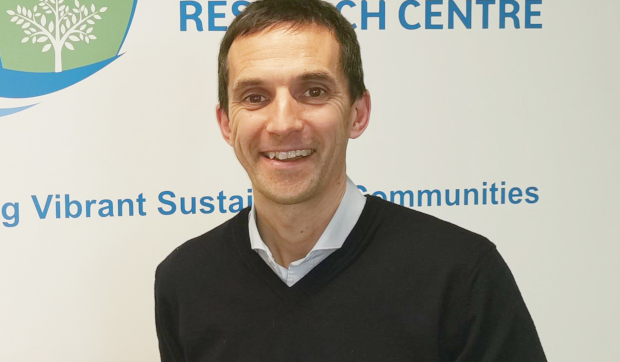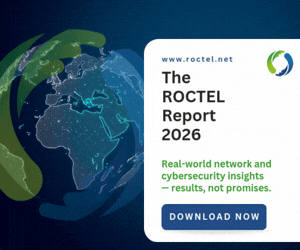
Focus on research: Prof Kevin O’Connor, BiOrbic
Prof Kevin O’Conor is director BiOrbic, the Science Foundation Ireland-backed research centre for the bioeconomy and a principal investigator at the UCD Earth Institute and a full Professor in the School of Biomolecular and Biomedical Science, UCD. In this interview he talks the centre’s sense of mission and reaching out beyond the academic community.
SFI research centres are defined by a strong sense of mission. How would you define BiOrbic’s mission?
The mission of BiOrbic really is to help Ireland transition from a fossil dependent society to a bio-based society. That’s really about transitioning towards sustainability and reducing our impact on the environment. We see BiOrbic as a platform for that transformation.
We want to bring people together, not just researchers and industry, but also societal actors like government departments. We want that collaboration so that we can really solve some of society’s largest problems. Those problems are greenhouse gas emissions and waste.
One issue that element of collaboration brings up is how to make the general public more aware of sustainability issues. Are you finding that to be difficult or are people interested in sustainable alternatives?
As a research centre, we are tasked with doing the fundamental research. I actually think fundamental research is critically important to inform the applied research and the applied research is also informed by stakeholders, whose behaviour you want to change.
It is a challenge, but you would be very surprised. The general public are actually very interested in the problems we face and, actually, you have people who want to know the nitty-gritty and they want to know the detail. Others actually just want to know what are the solutions and what they can do to make the difference.
For example, we ran the BioBus, which was basically us touring around the North and Southeast and West. What we saw was that people were very interested saying, ‘Oh, I can get this or buy this or I can change my behaviour in order to make a difference.
At BiOrbic we argue that small changes by many people can have a huge impact. You have all types in society, some people are easier to reach that others. Primary school, kids are great, they’re enthusiasts, they’re fantastic. Other people have busy lives and they don’t have the time to be really dedicated.
It is challenging and it’s hard work, but I’ve been very encouraged by society’s engagement.
SFI research centres have a strong commercial element. When it comes to industry partners, have you been surprised by some of the organisations that have come to work with you?
We get a wide range of different industries who want to work with us. I suppose when we started out it would have been maybe food processors but we’ve started to move towards farmers where the value chain starts. That surprised us. We’ve now got greater contact where we probably wouldn’t have envisaged in our first guise, but now, as part of phase two, we’re getting much more engagement there.
I’m encouraged but I’m not surprised because I think a lot of industries have woken up and said, ‘we need to do something here, this is a real problem, impacting our markets’. The industries that are engaging with us are fully engaged, and they see it as a necessity. I think a lot of them might have seen research as a nice-to-have but now it’s a must-have.
Where do you see the centre going next?
I think the growth area is in marrying the research with industry and society. In the past maybe we focused on just academic research.
Now we’re going to the next stage where you have actors that are non-scientists and non-industry. I think a real area for growth is citizen science. It is about informed science that is informed by society and also science informing society of where we need to travel. This impacts government policy, consumer behaviour and, ultimately, how research is done.





Subscribers 0
Fans 0
Followers 0
Followers